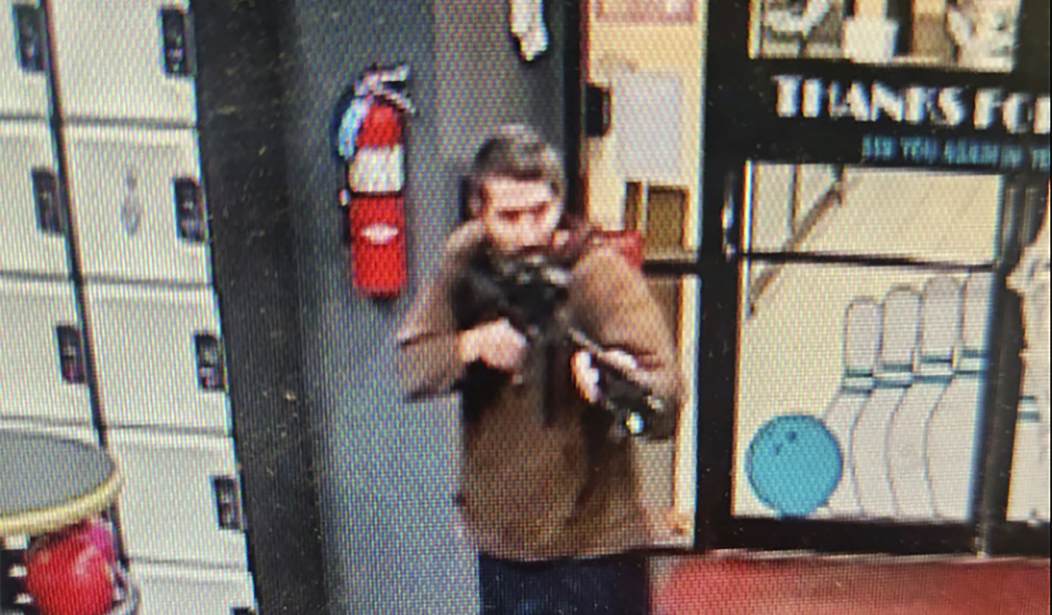Another development has emerged in the case of Robert Card, the gunman who carried out a series of mass shootings in Lewiston, Maine, that killed 18 people and injured many more. The shooting prompted a frantic manhunt, in which authorities searched multiple sites for the killer as he remained on the loose.
As we reported Friday night, law enforcement found the gunman dead. Now, it has been revealed that investigators found his body at the recycling center where he worked; they had searched the facility twice and cleared the location.
Police teams had already searched a recycling center in Maine twice before eventually finding the body of the man suspected of killing 18 people in Lewiston, authorities said Saturday.
Department of Public Safety Commissioner Michael Sauschuck said the teams scoured the Maine Recycling Corp. property that features as many as 60 trailers on Thursday night. He said another state police team returned to the site Friday and found Robert Card’s body in a trailer that hadn’t been searched.
Card was found dead of a self-inflicted gun wound. Prior to the shooting, he had worked as a firearms instructor and grew up in the neighborhood he terrorized.
According to multiple other sources, it was confirmed that Robert Card was indeed dead.
The suspect connected to the shooting in was found dead on Friday.
Robert Card, the suspect wanted in connection with Wednesday's deadly mass shootings at two businesses in Maine, was found dead on Friday night.
"The suspect in Wednesday night's shootings has been located and is deceased," the Androscoggin County Sheriff's Office announced.
Card was wanted for murder in connection with the deaths of 18 people who were shot at Schemengees Bar and Grille Restaurant on Lincoln Street and Just-In-Time Recreation on Mollison Way in the city of Lewiston. Another 13 people were injured.
Multiple law enforcement sources told ABC News that Card died of a self-inflicted gunshot wound. The network also reported that Card was found at a recycling center in Lisbon where he worked.
On Thursday, it was revealed that Card suffered from serious mental health issues. Katie Card, his sister-in-law, told reporters that he told her he heard voices in his head.
Katie Card said Robert started hearing voices of people talking badly about him after receiving hearing aids six months to a year ago. She said the aids were to help him hear after he suffered hearing loss some years ago, and they were so sensitive he began complaining of hearing voices.
“He started believing he could hear people say awful things about him,” said Card, who lives with her husband and children in a home nearby in Bowdoin, Maine. “He was convinced people were saying awful things behind his back. We tried to convince him that was not the case.”
It was also later revealed that Card had sparked concerns after making threats against members of his military reserve unit.
It added that law enforcement said Card “recently reported mental health issues to include hearing voices and threats to shoot up the National Guard Base in Saco, ME.”
The bulletin said Card was reported to have been committed to a mental health facility for two weeks this summer and then released. NBC News has not been able to independently verify the bulletin’s statements about Card’s history.
The tragic shooting in Maine has sparked renewed calls for more gun restrictions coming from the left, while others point to the evident mental health issues as the cause of the atrocity.













Join the conversation as a VIP Member